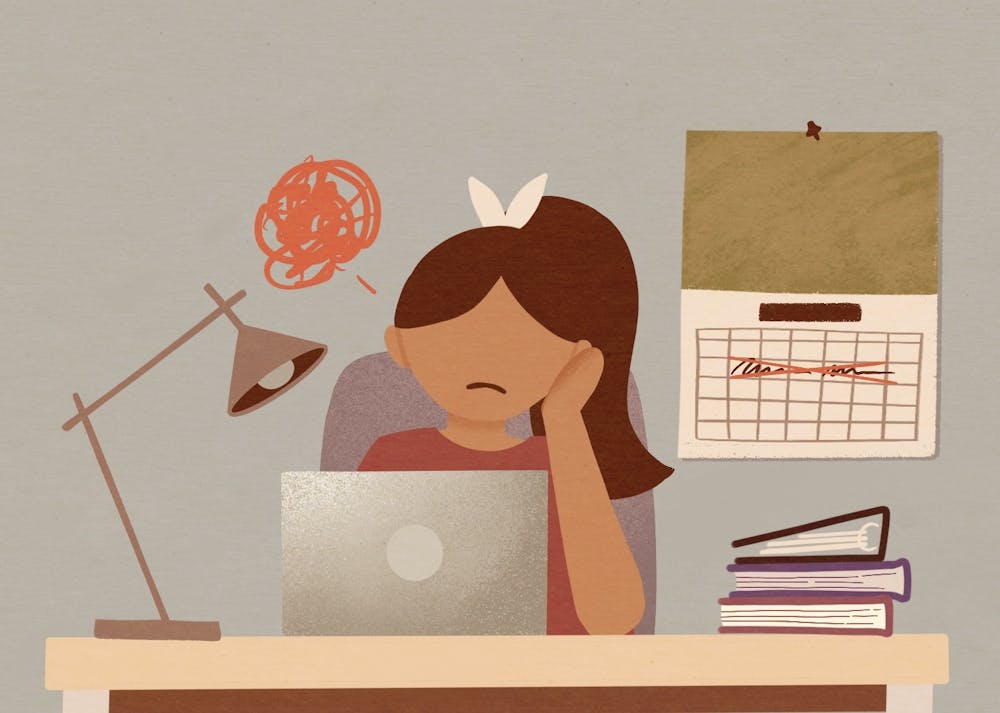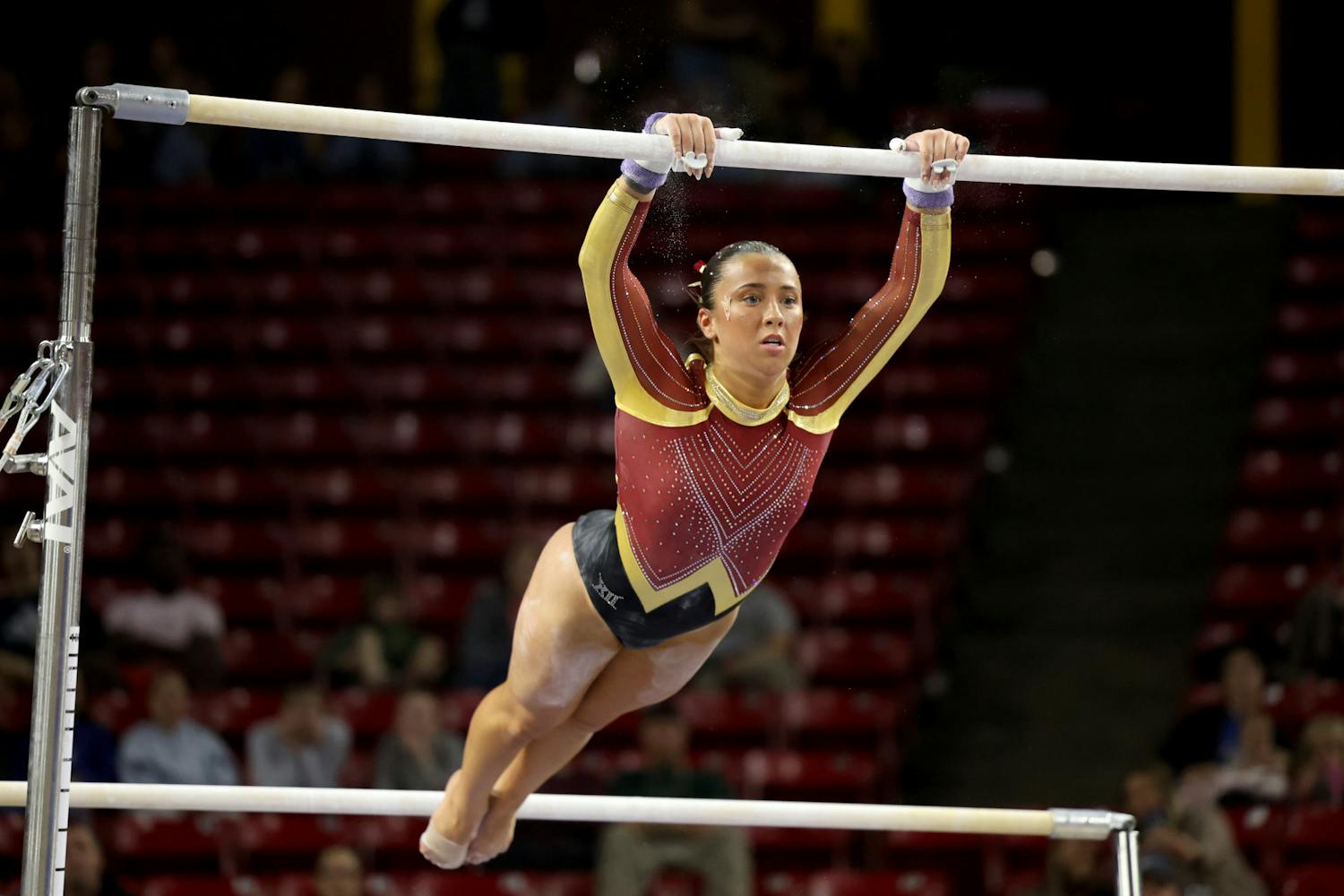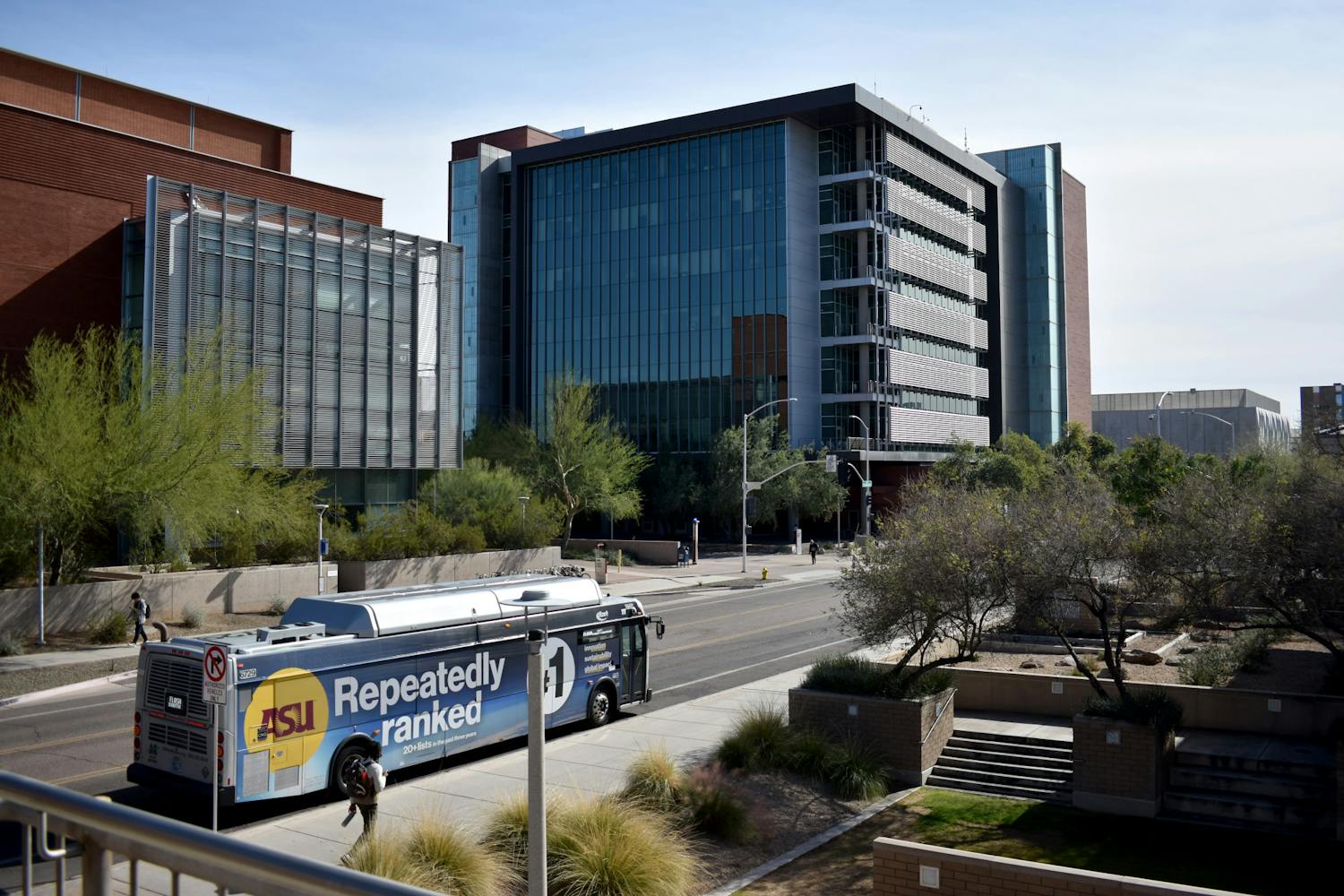Before spring semester began, University administrators announced spring break would be canceled and the semester shortened. The only day students could expect to spend off as a holiday would be Martin Luther King Jr. Day, the second Monday of the semester.
Now, over a month into the year and one month away from what would have been spring break, students are still upset with the University's decision, but are making time to preserve their mental health during 16 continuous weeks of schooling.
Alex Suleimani, a junior studying mechanical engineering, said he's taking all of his classes from home in an online format in order to replace the time he would have spent commuting, studying. He said this year he had planned to visit family and friends out of state for spring break.
The University canceled the break to prevent the spread of COVID-19, because students might have traveled to other states or other communities nearby. At the time of the decision, cases of the virus were still increasing in the state and in the ASU community.
Suleimani said the lack of fall break last semester took a toll on his motivation and increased his procrastination. He said days off in the middle of the semester go a long way for students, especially those enrolled in rigorous programs.
"Judging from what I experienced last fall, I imagine I'll start feeling somewhat burnt out (after midterms)," Suleimani said.
READ MORE: Students are just trying to get by
Last semester, students were left without fall break and an unexpected shortened year. They told The State Press "there's really no way to catch a break," "the pandemic has already made things harder" and "you can't learn when you're stressed out."
READ MORE: 'Most of us are really, really suffering': Students, faculty say semester was unsuccessful
Itza Romo, a freshman, said online classes are more stressful than when in-person, and many staff at ASU don't "truly understand."
"ASU isn't taking our mental health into consideration at all," said Romo, who studies biological and forensic sciences.
ASU President Michael Crow said the choice was a "tough call" in a meeting Monday with The State Press.
"What we're trying to do is to compress the semester where everybody's gathered together into the smallest possible window in which the work can be completed," he said.
Crow said he was "thankful" for the cancelation, which is likely to have stopped students from traveling to vacation destinations around the country and possibly contracting the coronavirus or one of its variants.
"We did not want to have another chance to break" and see a spike in cases, Crow said, taking note of state and ASU community surges following Thanksgiving and Christmas.
READ MORE: Analyzing ASU's COVID-19 trends throughout the fall semester
Other schools like UA also canceled spring break, but distributed five "reading days" throughout the semester.
"I was expecting ASU to do something similar for the spring semester," Suleimani said. "But I was not expecting the school's administrators to completely ignore students and not accommodate for the lack of a break."
Jackie Young, library information specialist and spokesperson for the United Campus Workers of Arizona, said the union is in solidarity with faculty, students and other members of the community who have asked for spring break to be reinstated to the spring semester's schedule.
"Spring break always gave people a mental health break," Young said. "So if we have no spring break, we have no pause, we have no break from go, go, go. And it's not good. It's not healthy."
Before the semester started, the ASU Community of Care Coalition and UCWA co-signed a letter demanding spring break be reinstated "to give students, instructors, and other university workers a much-needed rest and opportunity to recharge before continuing with the demands of academic and other university work."
Young said the University could have moved forward with spring break — followed by two weeks of only ASU Sync and online instruction — so students, faculty and staff could quarantine before rejoining social events and in-person classes.
"It doesn't look like we're going to get a spring break," Young said. "Which is really too bad because if the University was in tune with the needs of its students, staff and faculty, they would have seen that we needed a spring break."
Suleimani said he understands the University's decision to cancel spring break and understands travel restriction as one way to stop the spread of the coronavirus.
"However, the complete indifference to students' voices on this issue is shocking," he said. "I sympathize with students who suffer from anxiety and depression due to this pandemic, and the lack of break is not making things easier for them."
Reach the reporters at pjhanse1@asu.edu and and follow @piperjhansen on Twitter.
Like The State Press on Facebook and follow @statepress on Twitter.
Continue supporting student journalism and donate to The State Press today.

Piper Hansen is the digital editor-in-chief at The State Press, overseeing all digital content. Joining SP in Spring 2020, she has covered student government, housing and COVID-19. She has previously written about state politics for The Arizona Republic and the Arizona Capitol Times and covers social justice for Cronkite News.




